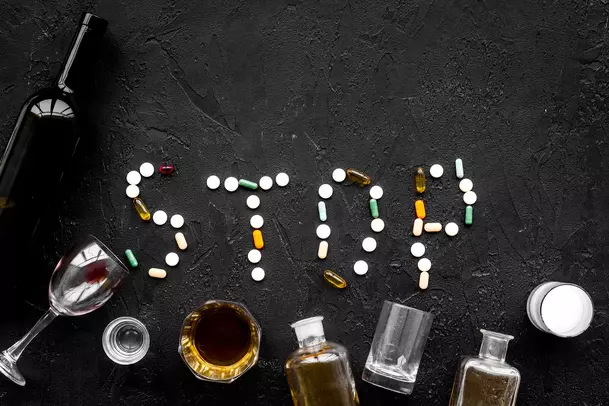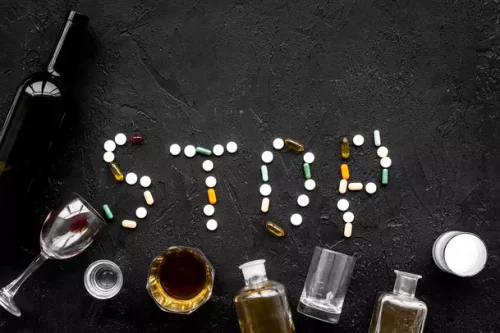These Dos and Donts Can Help You Share Your Recovery Story

Group therapy and 12-step programs provide a platform for individuals to share their stories and find strength in unity. Using storytelling as a marketing tool allows rehab centers to create connections with their target audience. Relatable experiences let those in rehab or who need treatment to connect on an emotional level. Sharing stories also creates support in recovery communities and among those starting their journey to sobriety. The power of storytelling lies in its ability to entertain, teach lessons, reinforce recovery and remind people that they are not alone in their struggles. Sharing recovery stories has an impact on readers outside of the program.

Providing Encouragement, Inspiration, and Support to Others in Recovery

Through storytelling, individuals affirm their progress while inspiring others. sharing your story in recovery It creates connections between those in recovery communities, and fosters empathy, understanding, and support. Through this shared experience, individuals find strength in giving and receiving support on their journey. Storytelling is very important for affirming and valuing one’s own recovery process.
- Mark’s goal is to provide a safe environment where distractions are minimized, and treatment is the primary focus for clients and staff alike.
- When you share your recovery story, you are doing a service to others.
- It inspires change, promotes healing, and cultivates community in addiction recovery settings.
- Additionally, we will provide valuable tips and considerations for those who are ready to share their own recovery story.
- Much as the first stretch of your story included the tale of your first encounter with drugs and alcohol, this stretch will include your sobriety date.
Words Have Power: What is Your ‘One Little Word’

It is important to be honest but also inspiring, so people can understand the struggles and be amazed by the strength needed to overcome them. A great example of storytelling as a marketing tool is Alcoholics Anonymous (AA). This helps break down barriers between members, shows Drug rehabilitation the effectiveness of AA’s program and inspires hope. By using storytelling, AA has attracted and retained members, promoted their program and helped countless individuals heal and recover.
Can Alcohol-Use Cause Rashes?
- This structured approach not only nurtures your creativity but aligns with successful strategies used in tech companies that prioritize innovation.
- Yasin is a source of strength for Aleta, helping her cope with both her grief at the loss of her son and the pain she has from cancer spreading to her bones.
- Sharing your story can be a powerful part of your own healing process.
- This will help you determine your audience and the best way to communicate your message.
- Your genuine experiences may also resonate with others in the room, who may connect with you afterward to discuss similar situations they’ve been through.
People share their addiction recovery stories for a number of reasons. Recognizing why you are sharing your story and who your audience is can help you decide how much you want to tell. Before sharing your recovery story, it’s crucial to assess your emotional readiness.
- A great example of storytelling as a marketing tool is Alcoholics Anonymous (AA).
- Sharing individual recovery stories can help people connect with others who have gone through similar situations for support and encouragement.
- It’s comforting to know that you’re not alone in your journey and that others are there to support you.
They will walk away lamenting their own similar stories, rather than embracing the joy they have discovered in sobriety. Newcomers may decide that a program is nothing more than people telling tales and decide not to share. Just remember it is not about everything, it is about keeping it short and to the point.

Storytelling as a Marketing Tool for Rehab Centers and Treatment Programs
Plus, by sharing your story, you might inspire someone else who is going through a tough time. One of the most powerful things about sharing recovery stories is the hope it can give others who are struggling. When someone hears that another person has faced the same challenges and come out the other side, it can be extremely motivating. In honor of Alcohol Awareness Month, Soberlink is launching Sober Voices, a movement encouraging individuals in recovery to share their stories. By participating in Sober Voices, you can contribute to a growing community of support and understanding, inspiring others to seek help and begin their journey toward sobriety.
It’s not a requirement of recovery, and you should never feel pressured to do it. Being part of a community means that you have people to lean on during tough times. It also means you can celebrate your wins together, no matter how small they might https://ecosoberhouse.com/ be. This shared experience strengthens bonds between people, making recovery a little easier for everyone. 12-Step programs, such as Alcoholics Anonymous (AA) or Narcotics Anonymous (NA) ask people in the last step to reach out to others and give back to those who need help. By sharing your story, you’re giving back – and you’re making a difference in people’s lives whether you witness their direct effects or not.
